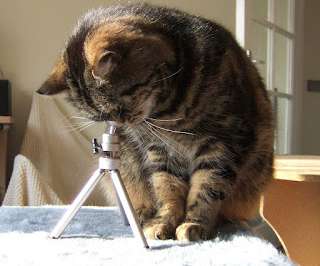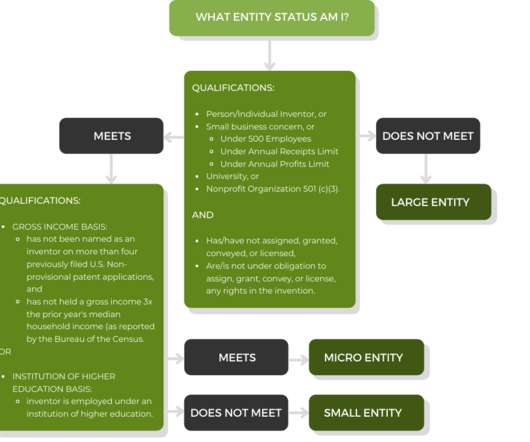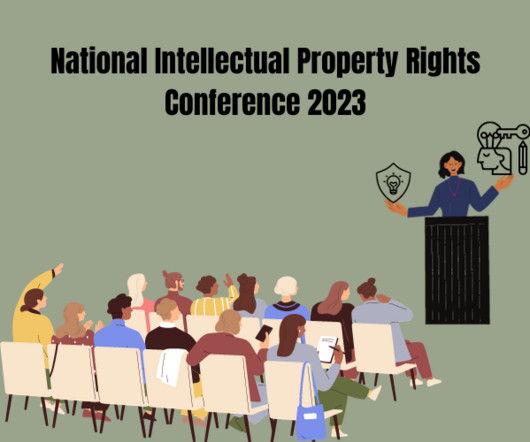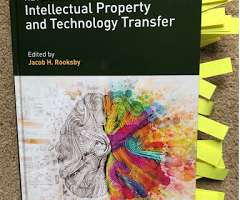When is an IP agreement between a university and a student inventor unfair?
The IPKat
JANUARY 27, 2023
In 2016, ONI licensed the Nanoimager from the University, whereby the University received royalties on ONI’s sales of the Nanoimager based on the terms of the IP Provisions. Jing was hired as a research intern “at least in part because of his attributes”, which “made it particularly likely that he would make inventions”.














Let's personalize your content